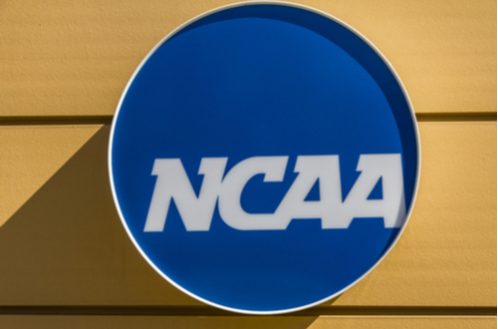Attorney Challenges NCAA’s $2.78 Billion Settlement in Landmark Antitrust Cases

Michael Hausfeld, the lead attorney in the O’Bannon v. NCAA case that set a precedent for athletes earning money through name, image, and likeness (NIL), has filed an opposition to a proposed $2.78 billion settlement between the NCAA and several power conferences. According to The New York Times, Hausfeld, along with his firm, submitted legal documents late Wednesday to the U.S. District Court of the Northern District of California, challenging the fairness and legality of the settlement terms.
Hausfeld’s opposition raises concerns over the size of the damages in the settlement, calling them insufficient. He also argues that a cap on a proposed revenue-sharing model with athletes is illegal and that restrictions placed on NIL collectives funded by boosters are overly restrictive. Per The New York Times, the legal filing called the terms “illusory, contradictory and overreaching” and urged the court to deny approval.
The filing was made on behalf of seven current, former, or future Division I athletes, including Jordan Bohannon, a former Iowa basketball player and vocal critic of the NCAA. Bohannon, who played from 2016 to 2022, was a strong advocate for NIL reform during his college career. The NCAA finally lifted its ban on athletes being compensated for NIL in 2021, after years of legal pressure and public outcry.
This latest legal opposition comes after a revised portion of the settlement was submitted by lawyers for the NCAA and the plaintiffs last week. According to The New York Times, the revisions aimed to address concerns raised by U.S. Judge Claudia Wilken regarding the role of boosters and third-party NIL deals, following a preliminary approval hearing on September 5. Judge Wilken, who has yet to issue a final ruling, also presided over the original O’Bannon case, which challenged the NCAA’s restrictions on athletes profiting from their own fame, leading to a significant ruling in 2014.
Hausfeld’s filing isn’t the only legal challenge to the settlement. Since the September hearing, South Dakota’s attorney general has also sued the NCAA, and governors from several Western states, including North Dakota, South Dakota, Montana, Wyoming, and Idaho, have expressed concerns, arguing that the settlement disproportionately affects their Division I schools.
In addition to its direct implications, Hausfeld’s filing claims that the settlement is being used as a “stalking horse” by the NCAA in its efforts to seek antitrust exemptions from Congress. The filing argues that while the settlement terms clash with several state NIL laws, they would make it easier for the NCAA to lobby Congress for legal protections. According to The New York Times, the NCAA and the leaders of major conferences, including SEC commissioner Greg Sankey, have been advocating for federal regulation of NIL compensation and a law preventing college athletes from being classified as employees of their universities.
Featured News
Big Tech Braces for Potential Changes Under a Second Trump Presidency
Nov 6, 2024 by
CPI
Trump’s Potential Shift in US Antitrust Policy Raises Questions for Big Tech and Mergers
Nov 6, 2024 by
CPI
EU Set to Fine Apple in First Major Enforcement of Digital Markets Act
Nov 5, 2024 by
CPI
Six Indicted in Federal Bid-Rigging Schemes Involving Government IT Contracts
Nov 5, 2024 by
CPI
Ireland Secures First €3 Billion Apple Tax Payment, Boosting Exchequer Funds
Nov 5, 2024 by
CPI
Antitrust Mix by CPI
Antitrust Chronicle® – Remedies Revisited
Oct 30, 2024 by
CPI
Fixing the Fix: Updating Policy on Merger Remedies
Oct 30, 2024 by
CPI
Methodology Matters: The 2017 FTC Remedies Study
Oct 30, 2024 by
CPI
U.S. v. AT&T: Five Lessons for Vertical Merger Enforcement
Oct 30, 2024 by
CPI
The Search for Antitrust Remedies in Tech Leads Beyond Antitrust
Oct 30, 2024 by
CPI